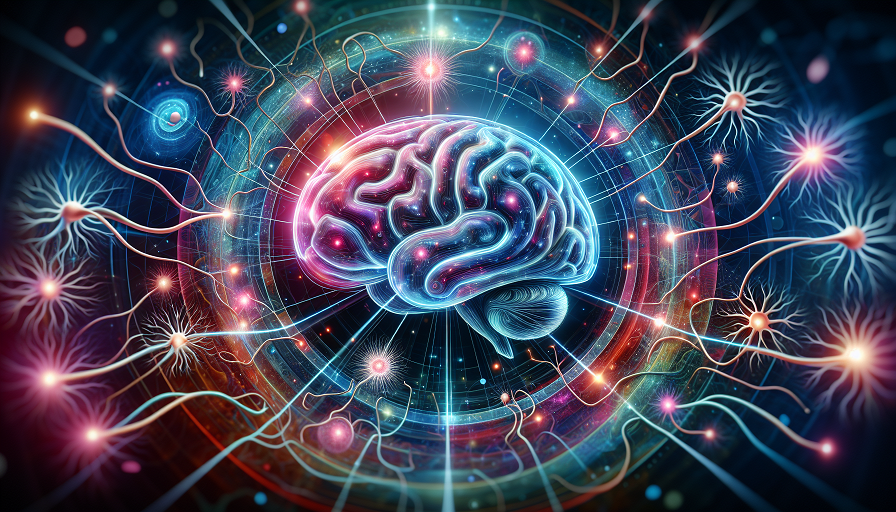
When you think of creatine, your mind might jump to gym enthusiasts and weightlifting goals. But creatine isn’t just a favorite among athletes—it’s also a powerful ally for your brain. This naturally occurring compound plays a critical role in maintaining energy levels within cells, including the hardworking neurons that power your thoughts, memory, and focus. By supporting energy metabolism and improving cognitive function, creatine offers benefits that extend far beyond the weight room.
Creatine’s Role in Energy Metabolism Within Brain Cells
Your brain is an energy hog. Despite making up only about 2% of your body weight, it consumes around 20% of your daily energy supply. This energy fuels everything from forming new memories to solving complex problems. Creatine steps in as a key player in maintaining this energy balance, acting like a rechargeable battery for your brain cells.
Here’s how it works: Creatine is stored in your cells as phosphocreatine, which serves as a quick-release energy reserve. When neurons need a burst of energy to fire signals or maintain communication networks, phosphocreatine donates a phosphate group to regenerate ATP (adenosine triphosphate), the body’s primary energy currency. This process ensures that your brain has a steady supply of energy to perform efficiently, even under demanding conditions.
During times of mental fatigue—like after hours of studying or multitasking—your brain’s ATP reserves can dwindle. This is where creatine shines. By boosting phosphocreatine levels, it provides a backup energy source, allowing neurons to keep firing without running out of steam. The result? Improved mental stamina and reduced cognitive fatigue.
Creatine’s role in energy metabolism also extends to protecting brain cells. It reduces oxidative stress and shields neurons from damage caused by energy deficits, ensuring your brain stays resilient and healthy over the long term.
Research Showing Enhanced Working Memory and IQ
Scientific studies have highlighted creatine’s potential to enhance cognitive performance, particularly in areas like working memory and problem-solving. Working memory is the brain’s mental scratchpad—holding and manipulating information temporarily, whether you’re doing mental math or remembering directions.
A study published in Psychopharmacology examined the effects of creatine supplementation on cognitive function. Participants who took creatine showed significant improvements in working memory tasks, particularly those requiring mental endurance and focus. These results were most pronounced in individuals under high cognitive demand, suggesting that creatine helps the brain perform better when the stakes are high.
Another study in Proceedings of the Royal Society B explored creatine’s impact on IQ and general cognitive ability. Researchers found that participants who supplemented with creatine performed better on tests requiring abstract thinking and quick decision-making. The authors attributed this to creatine’s ability to support energy-intensive brain functions, particularly in tasks that demand rapid information processing.
Creatine has also shown promise in helping older adults combat age-related cognitive decline. In a study published in Neurobiology of Aging, older participants who took creatine exhibited improvements in memory recall and task performance. These findings suggest that creatine may support long-term brain health, keeping mental faculties sharper as we age.
If you’re considering creatine for cognitive benefits, here are some tips:
- Dosage: Most studies use 3-5 grams of creatine monohydrate per day, which is considered a safe and effective dose for both physical and cognitive benefits.
- Timing: Creatine can be taken at any time of day, but consistency is key. Pair it with meals for better absorption.
- Safety: Creatine is well-tolerated by most people, though staying hydrated is important as it can increase water retention in cells.
Creatine isn’t just for building muscles—it’s a potent brain booster that supports energy metabolism, enhances cognitive performance, and protects against mental fatigue. Whether you’re tackling a tough project, studying for exams, or simply looking to sharpen your thinking, creatine could be the mental fuel you didn’t know you needed.

